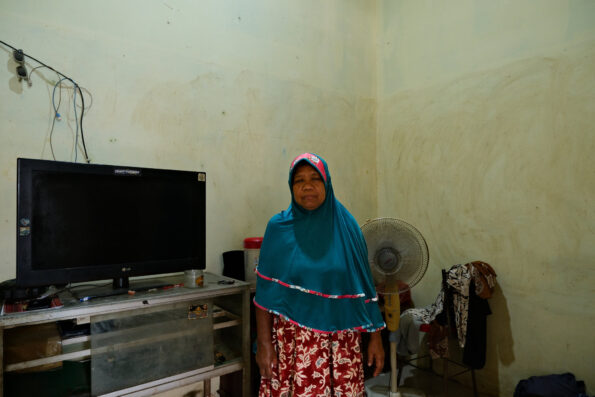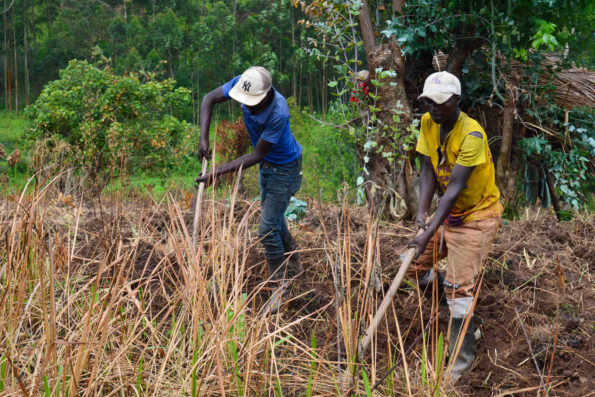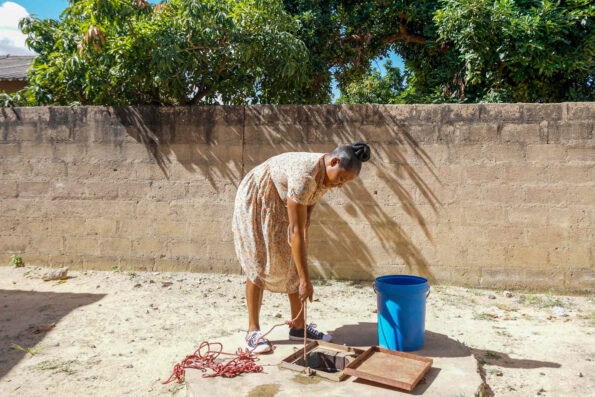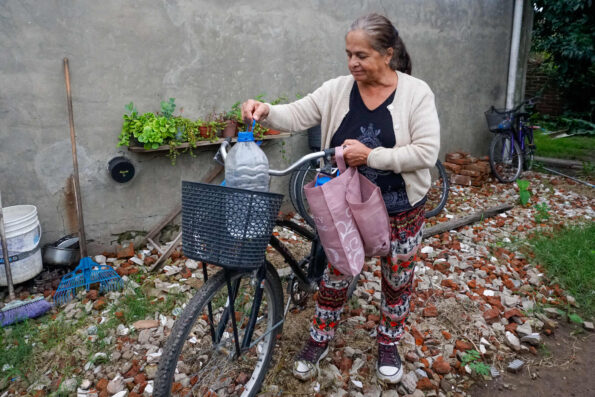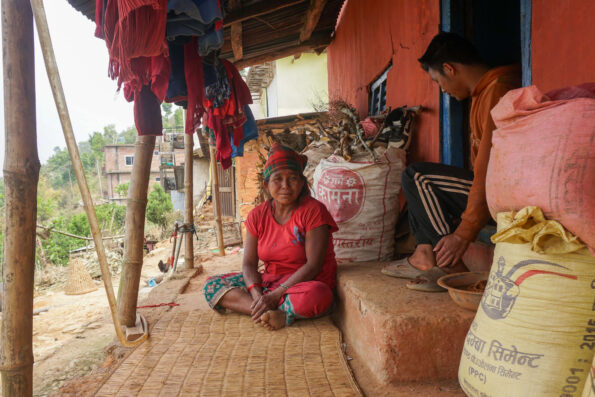
Fortune Moyo, GPJ Zimbabwe
Grown in Zimbabwe’s dry season, winter wheat is dependent upon irrigation systems for its water supply. And that demands a constant power source, which is hard to come by as the nation struggles with both a fuel shortage and a cash shortage.
BULAWAYO , ZIMBABWE – On a cold morning in Bulawayo, Zimbabwe’s second largest city, a long gas station line is testing Malvin Dube’s patience.
Clogged fuel lines like this have become a common sight due to the national electricity crisis.
Farmers like Dube who grow winter wheat, an important staple crop, say fuel has become a necessity for them.
Grown in Zimbabwe’s dry season, winter wheat is dependent upon irrigation systems for its water supply. And that demands a constant power source. So Dube and many others are forced to buy fuel for the generators that they use as a backup power source.
“As it is, it is very expensive for me to visit the farm regularly as I have to wait in line for fuel all the time,” he says as he sits in his barely moving vehicle alongside buses and other traffic.
He does this 63-kilometer (39-mile) drive several times per week to ensure his ability to care for a demanding and vital national crop.
Zimbabwe relies mostly on hydropower. Low water levels at Kariba South Power Station and limited imports led to electricity shortages for the nation. As a result, the country’s power company limits the amount of electricity residents get each day – called load shedding.
“Excessive load shedding is affecting our production, as we rely mostly on irrigation,” Dube says. “The alternative to electricity is the use of generators, but there is a shortage of fuel already, so getting fuel for the generators is an uphill task.”
The country’s economic crisis has sparked not only fuel shortages, but also rising prices on everything from gas to basic commodities.
“Wheat planting this year has been very difficult,” he says. “Electricity challenges will greatly reduce the expected yield among most winter wheat farmers this year.”
And that could have nationwide consequences. A poor harvest can negatively impact the national diet, he says.
Wheat is Zimbabwe’s second most important food staple, after maize. And it’s best grown during the winter months, which fall between May and August here. About 70% of the country’s population depends on wheat for their bread, according to the United States Department of Agriculture’s 2017 Grain and Feed annual report.
Zimbabwe was once known as Africa’s bread basket, viewed as one of the continent’s most productive wheat growing nations. But that reputation is fast changing, thanks to a challenging combination of political and economic chaos and climate change.
“The expected winter wheat projections will not be met this year due to the electricity challenges and fuel shortages being faced by farmers,” says Winston Babbage of the Zimbabwe Commercial Farmers’ Union (ZCFU).
This will have trickle-down consequences for many commodities and businesses.
“[It] will mean the price of flour and bread will go up,” Babbage says.
“The price of baking flour has gone up astronomically,” confirms Mavis Dlamini, who earns a living from selling homemade scones. “This has forced me to also increase the price of my scones.”
The price of bread is more than four times the price it was in January. It increased again in September, from 3.40 Zimbabwean dollars (ZWL) (28 cents) earlier this year to 9.50 ZWL (79 cents). Even after the government stepped in and subsidized the price to 4.10 ZWL (34 cents) per loaf, market prices have continued to increase.
The government says it will also import 200,000 tons of wheat to meet national demand.
“We are spending more time in fuel queues than on the farms,” says Mphathisi Ndlovu, another wheat farmer waiting in line.
Some farmers decided to abandon winter wheat production this year. They say it is risky to attempt production without a reliable power supply.
Officials are in talks to address power shortages and the threat to agriculture, the economy and food supply.
“In the short to immediate measure, we have arranged for a meeting with the Minister of Energy and farmer union leaders to map the way forward regarding power supply,” says Douglous Karoro, Deputy Minister of Lands, Agriculture, Water, Climate and Rural Resettlement. “We suggest that they get at least four days of uninterrupted power supply per week.”
Karoro also wants to see different electricity sources being used in agriculture.
“The only way forward is for farmers to use solar power in their farms,” he says.
Fortune Moyo, GPJ, translated some of the interviews from IsiNdebele.

